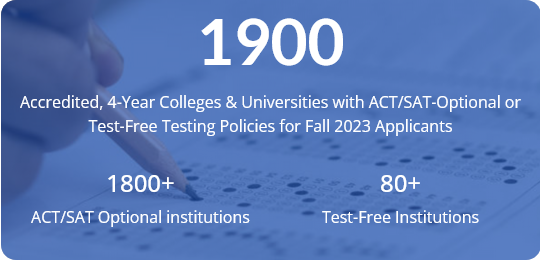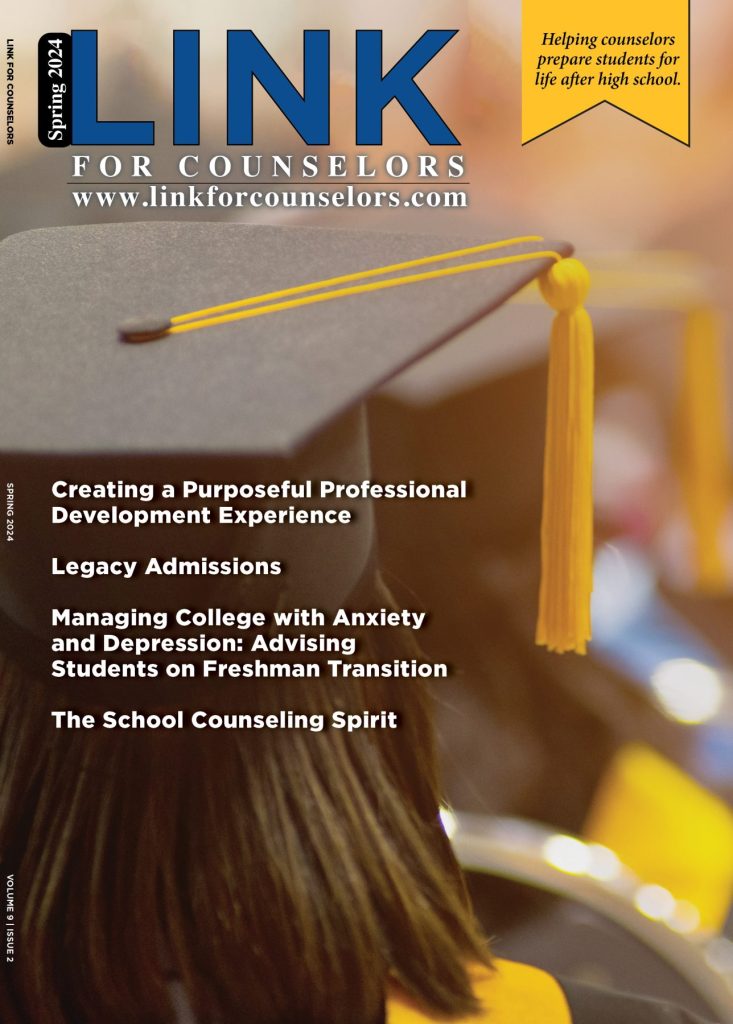Family life is at the heart of child development. Parents certainly are not to blame when a child goes down the wrong path, but they can play a significant role in helping them get their lives back on track. While most parents would be more than thrilled for the opportunity to offer their child support, sometimes they don’t know how.
As a guidance counselor, part of your job is to give students, and their families the help they need but can’t get themselves. In this article, we talk about how you can get parents involved to start helping students kick bad habits. Read on to learn more!
Step 1: (Try to) Identify the Problem Clearly
You’ve determined that a student has developed a bad habit. Maybe their grades are slipping. Maybe they smell like cigarette smoke, or their eyes seem unfocused, or—well. You know what a bad habit looks like, right?
Before you call the parents— particularly hard-to-reach parents— it’s good to have a clear understanding of what is going on. Why? Well, because they are probably hard to reach for a reason. Maybe they work really punishing hours. Maybe they don’t have a car and even getting to the school is very difficult for them.
The point is, you shouldn’t assume that they have the time or the means to come up to the school to discuss an issue you aren’t even sure of.
Ahem. You said, “Try to.”
Well, yes. You’re a guidance counselor, so you know better than anyone that identifying an issue in a student’s life isn’t always as simple as asking. Great when it is, but you don’t read online articles about social work to help you with the easy cases, right?
If you’ve tried your best and can’t quite get to the bottom of what’s going on, it can still be appropriate to contact the parents. Just note that you’ll get farther with many families when you can point to the exact issue.
Step 2: Meet Them Where They Are At
It’s easy for educators to get frustrated with uninvolved parents, but that frustration often fails to take into consideration all of the many factors at work. There are many very valid reasons why parents may struggle to stay involved with their child’s education.
Your job isn’t to judge. It’s to meet families where they are at. Be open to various forms of communication. Phone calls, email conversations, Zoom. If these methods are not working, speak with supervisors about other appropriate forms of communication, or outreach ideas.
Schools have had success with holding nighttime meetings, implementing home visits, and other communication techniques that stray somewhat from convention.
Step 3: Keep the Lines of Communication Open
Schools operating in low-income areas found that when educators achieved regular communication with parents, scores went up by as much as 50%. Why? When parents know what is going on, they will usually encourage their children in the right direction. This goes for harder-to-reach parents just as it does for helicopter PTA moms and dads.
Once you’ve established a line of communication, keep it going. Update them as needed, or on a schedule to make sure that they remain aware of what is going on in their child’s life. Keep it going, even if you aren’t reaching an actual human. Voicemails, emails, etc. still have the potential to keep the parents in the loop.
Step 4: Reconsider Your School’s Parent Outreach Programs
Most schools overwhelmingly favor middle-class families with a parent who is available at the drop of a hat for participation. It’s no one’s fault. School events take place during school hours. Families that lack the career flexibility to participate (usually, but not always, lower income) are excluded by default.
Schools should make sure that they can reach and communicate with all kinds of families. You can do this by:
- Increasing your social media presence: Social media is a great way to keep parents informed about what is going on at school without manually contacting hundreds of people.
- Try multiple methods of communication: Some states legally require multiple methods of outreach when it comes to scheduling parent meetings. This is simply because what works for one family might not work for others. Blend your outreach approach amongst various outlets to cast a wider net.
- Chat with the PTA: Parent/Teacher Associations or Organizations are a powerful outlet in which parents are given a chance to discuss school issues and have an influence. While participation is usually modest, there are ways to make it more accessible to families who would like to get involved but find it difficult. Chat with the PTA president about what they are doing to make their events more accessible. Recorded meetings, e-participation, and other considerations can be a great gateway for families without stable access to transportation.
- Collect data: If you want to recalibrate your outreach efforts, an honest conversation is a good place to start. Collect data from parents at your school to find out how they prefer to communicate and what the best ways to reach them are. You may be surprised by all of the ways this feedback can be implemented to change your school’s culture.
Despite your best efforts, you will never be able to reach everyone. However, by keeping an open attitude you will vastly increase your capacity to help parents who want to be involved but are currently finding it hard to participate.
Conclusion
Schools all across the country see a handful of dedicated parents over and over. The PTA dads and moms that volunteer for everything, get their kids to school on time and probably don’t even complain when they have to eat green vegetables.
That’s great—really. But life is messy. Not always conducive to constant participation in school life. There are loads of well-meaning parents who want to help their children achieve the best outcomes, but simply don’t know how.
It’s easy to question the dedication of a parent who hasn’t darkened the school’s doorways in three years, even as their child spirals academically or personally. But judgment never gets anyone anywhere. If parental involvement truly is important to you, you’ll need to meet your parents where they are. Financial or personal barriers shouldn’t have to keep parents away from school participation.
Reach out. Follow up. Do what you can. It will be what’s best for the student and their family in the long run.













